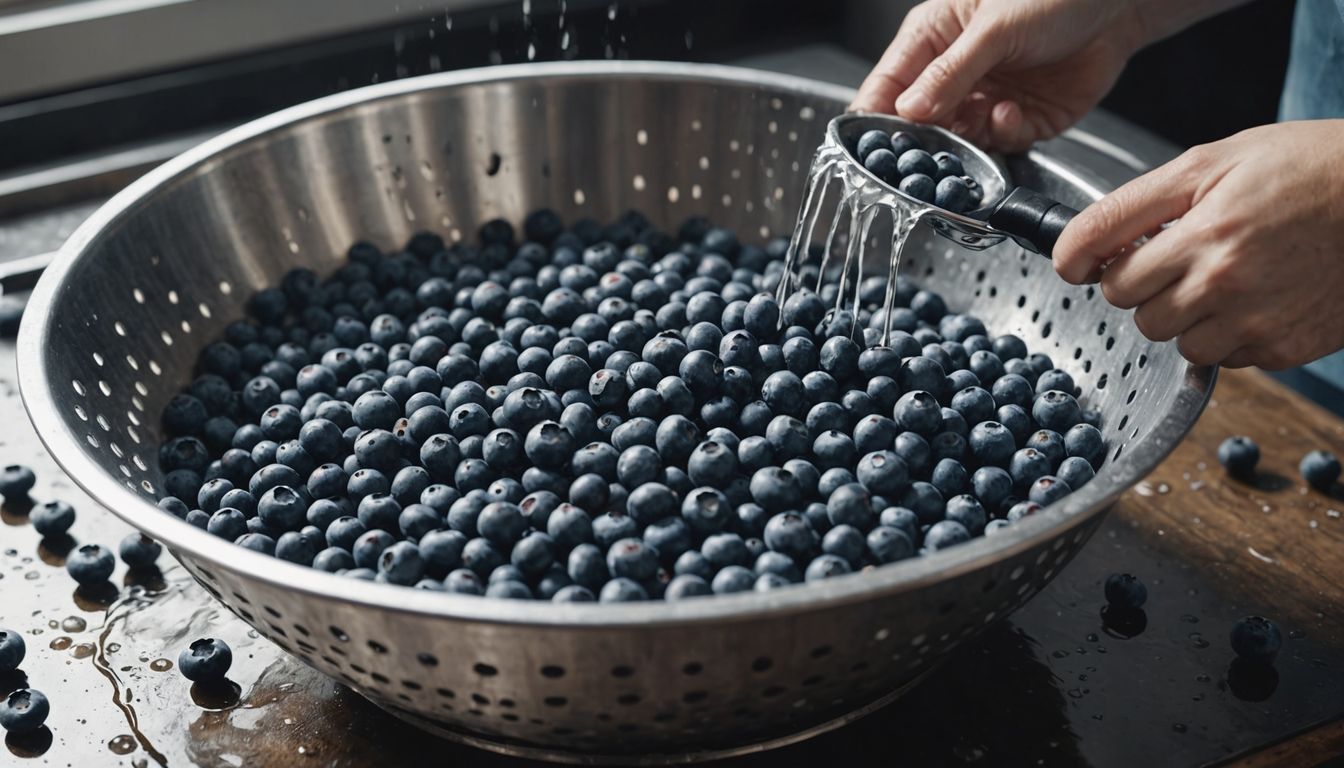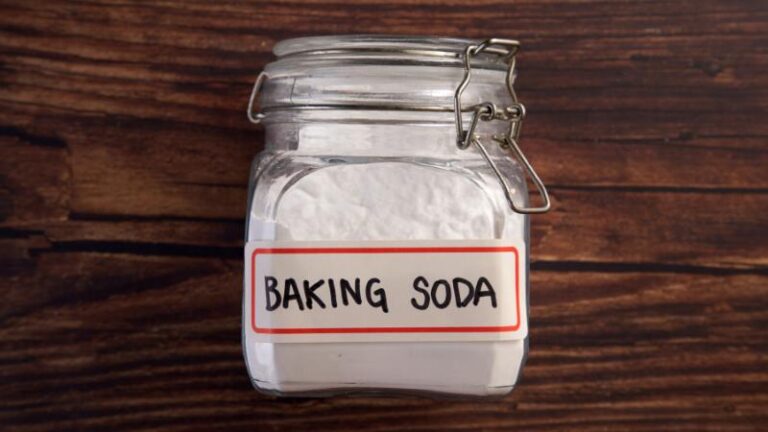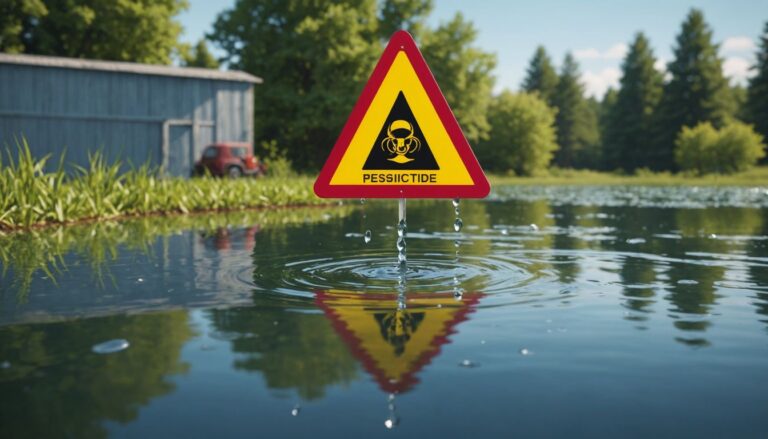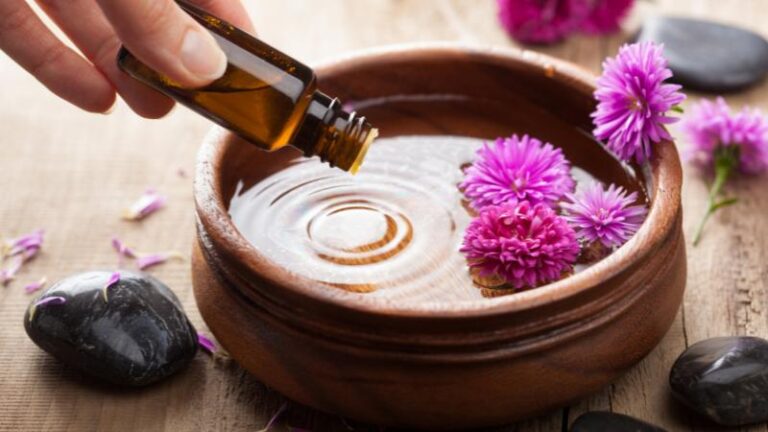How to Remove Pesticides from Blueberries: A Comprehensive Guide

Washing blueberries is really important, especially if they’re not organic. Blueberries can have a lot of pesticide residue, which can be harmful if eaten.
This guide will show you different ways to clean your blueberries so you can enjoy them safely.
Key Takeaways
- Washing blueberries removes harmful pesticide residue.
- A simple water rinse can be effective but might not remove all pesticides.
- Vinegar and salt water solutions offer extra cleaning power.
- Commercial fruit washes are an option but have pros and cons.
- Proper storage after cleaning keeps blueberries fresh longer.
Why Washing Blueberries is Essential
Washing blueberries before eating them is super important. Even if you buy organic ones, they can still have dirt and germs on them. Let’s dive into why you should always clean your blueberries.
Understanding Pesticide Residue
Blueberries often have pesticide residue on their skin. These chemicals help keep bugs away while the berries grow, but you don’t want to eat them. Washing your blueberries helps remove these harmful substances.
Health Risks of Unwashed Blueberries
Eating unwashed blueberries can make you sick. They can carry bacteria and other germs that can cause stomach problems. It’s always better to be safe and give them a good wash.
Benefits of Proper Cleaning
When you wash your blueberries, you get rid of dirt, germs, and pesticides. This makes them safer to eat and can even make them taste better. Plus, clean blueberries are perfect for adding to your favorite recipes.
Use a clean towel: when drying blueberries, always use a clean kitchen towel or new paper towels. This will prevent bacteria and debris from re-contaminating your freshly washed berries.

How A New Piece Of Technology Provides The Drug Free Pain Relief You’ve Been Looking For
If you’re anything like me, you don’t want to use drugs or pills that you’re unsure about.
Simple Water Rinse Technique
Steps to Rinse Blueberries Effectively
Rinsing blueberries with water is a quick and easy way to remove dirt and some pesticide residues. Start by placing your blueberries in a colander. Hold the colander under cold, running water. Gently move the blueberries around with your hands to ensure all sides are rinsed. This helps to wash away any dirt or residues that might be stuck in the crevices.
When Water Alone is Enough
For most fruits and vegetables, rinsing under cold, running water is sufficient. This method is especially effective for blueberries, as their smooth skin allows water to wash away contaminants easily. However, if you’re dealing with produce that has tougher skins or more pesticide residue, you might need a stronger cleaning method.
Drying Your Blueberries
After rinsing, transfer the blueberries to a clean, dry towel. Spread them out in a single layer and let them air dry. You can also gently pat them dry with another towel if you’re in a hurry. Proper drying helps to keep your blueberries fresh and prevents mold growth.
Remember, using cold water is key to keeping your blueberries crisp and fresh. This simple technique is a great first step in ensuring your produce is clean and safe to eat.
Using a Vinegar Solution for Extra Cleanliness
Preparing the Vinegar Solution
To get started, mix one part white vinegar with three parts cold water in a bowl. The acidity of vinegar acts as a natural cleaner, breaking down residues and helping to get rid of bacteria.
Soaking and Rinsing Process
Place your blueberries in the vinegar solution and let them soak for about 5 minutes. After soaking, rinse them thoroughly with cold water to remove any vinegar taste. This step ensures that your blueberries are clean and ready to eat.
Why Vinegar Works
Vinegar is popular because it’s easy to find and has natural cleaning properties. It helps remove waxes, dirt, and some microbes from your blueberries. While it may not be the best at removing all pesticides, it does a good job at reducing bacteria levels.
For an extra clean, consider using a vinegar solution. It’s a simple and effective way to make sure your blueberries are safe to eat.

How A New Piece Of Technology Provides The Drug Free Pain Relief You’ve Been Looking For
If you’re anything like me, you don’t want to use drugs or pills that you’re unsure about.
Salt Water Soak Method
How to Prepare a Salt Water Solution
Washing blueberries with a salt water soak is a natural and straightforward approach that helps remove contaminants and enhance their cleanliness. To start, prepare a solution by mixing cold water and a teaspoon of salt in a bowl. The salt acts as a gentle abrasive and antimicrobial agent, helping to dislodge dirt, bacteria, and potential residues from the berries’ surface.
Benefits of Using Salt
Using a salt water soak offers several benefits. Salt acts as a natural cleaner and can remove more impurities than just water alone. It’s also a great way to get rid of bacteria and other tiny organisms that might be on the blueberries. Plus, it’s a simple and cost-effective method that doesn’t require any special products.
Rinsing and Drying After Soaking
After soaking the blueberries in the salt water solution for a few minutes, transfer them to a colander or strainer. Rinse them thoroughly under cold running water to ensure that any residual salt and loosened particles are washed away. Finally, spread the blueberries out on a clean towel and let them air dry or gently pat them dry with another towel.
For maximum freshness, some people prefer to clean their produce using a salt or vinegar bath. While not necessary, you can do so by adding 1 tbsp of salt to every cup of water and soaking the blueberries for a few minutes.
Commercial Fruit Wash Products
When it comes to cleaning blueberries, commercial fruit wash products can be a handy option. These products are designed to remove pesticides and other residues more effectively than water alone. But how do you choose the right one and use it properly? Let’s dive in!
Baking Soda Scrub for Thorough Cleaning
Making a Baking Soda Paste
To get started with the baking soda scrub, you’ll need to make a paste. Mix a teaspoon of baking soda with a small amount of water in a bowl. The paste should be thick enough to stick to the blueberries but not too dry.
Scrubbing Techniques
Gently apply the baking soda paste to the blueberries. Use your fingers to delicately rub each berry. This helps to loosen any dirt, pesticides, and other residues on the skin. The mild abrasiveness of baking soda makes it very effective.
Rinsing Off the Baking Soda
Once you’ve scrubbed the berries, rinse them under cold running water. Make sure to rinse thoroughly to remove all traces of baking soda and any dislodged debris. This step is crucial for ensuring your blueberries are clean and safe to eat.
The baking soda scrub method is a great way to ensure your blueberries are thoroughly cleaned, giving you peace of mind when you enjoy them.

How A New Piece Of Technology Provides The Drug Free Pain Relief You’ve Been Looking For
If you’re anything like me, you don’t want to use drugs or pills that you’re unsure about.
Tips for Storing Cleaned Blueberries
Best Storage Practices
After you’ve cleaned your blueberries, it’s important to store them properly to keep them fresh. Place the dried blueberries in a breathable container like a colander or a container with ventilation holes. This helps prevent moisture buildup, which can cause mold. Store them in the refrigerator to keep them fresh for a longer time.
How Long Do Cleaned Blueberries Last?
Cleaned blueberries can last up to a week in the refrigerator if stored properly. However, for the best taste and texture, try to consume them within 3-5 days. If you notice any mold or a change in texture, it’s best to discard them.
Avoiding Contamination After Cleaning
To avoid contamination after cleaning, always use clean utensils and containers. Make sure your hands are clean when handling the blueberries.
If you need to store them for a longer period, consider freezing them. Spread the blueberries on a baking sheet to freeze individually before transferring them to a freezer-safe bag or container. This way, they won’t stick together, and you can easily grab a handful whenever you need them.
Proper storage is key to enjoying fresh and tasty blueberries for as long as possible. Follow these tips to make the most out of your cleaned berries.
Conclusion
Taking the time to properly wash your blueberries can make a big difference in reducing pesticide residue and ensuring they are safe to eat. Whether you choose a simple water rinse, a vinegar soak, or a baking soda scrub, each method has its own benefits.
Remember, the goal is to enjoy your blueberries without worrying about harmful chemicals. So, next time you bring home a batch, give them a good clean and enjoy them with peace of mind. Happy snacking!
Frequently Asked Questions
Why do I need to wash blueberries?
Washing blueberries removes pesticides, dirt, and bacteria, making them safer to eat.
Can I just rinse blueberries with water?
Yes, rinsing with water can remove some dirt and pesticides, but other methods may be more effective.
How does vinegar help clean blueberries?
Vinegar helps kill bacteria and remove pesticides. Mix one part vinegar with three parts water for a good cleaning solution.
Is it safe to use baking soda on blueberries?
Yes, baking soda is safe and helps scrub off residues and pesticides from the berries.
How long should I soak blueberries in salt water?
Soak the blueberries in salt water for about 5 minutes, then rinse them well with fresh water.
What’s the best way to store cleaned blueberries?
Store cleaned blueberries in a dry, airtight container in the fridge to keep them fresh longer.






